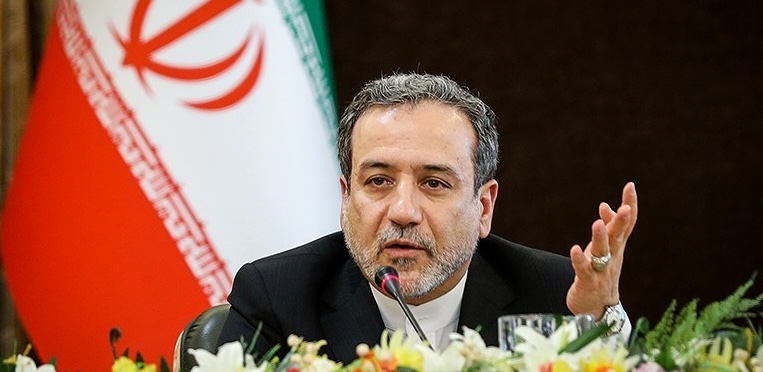Already a subscriber? Make sure to log into your account before viewing this content. You can access your account by hitting the “login” button on the top right corner. Still unable to see the content after signing in? Make sure your card on file is up-to-date.
A top Iranian official has ruled out any possibility of returning to negotiations with the United States following coordinated airstrikes by Washington and Tel Aviv on Iran’s nuclear facilities.
Some shit you should know before you read: If you’re unaware, yesterday, President Trump authorized a coordinated US military operation targeting three major Iranian nuclear facilities—Fordow, Natanz, and Isfahan. According to statements from Defense Secretary Pete Hegseth and Chairman of the Joint Chiefs General Dan Caine, the strikes were executed using a combination of air and naval assets. These sites have long been at the center of Iran’s nuclear program, and US officials claim the operation delivered significant damage to Iran’s critical nuclear infrastructure. In the hours leading up to the strikes, Israeli forces launched a series of coordinated attacks on Iranian air defense systems to help make a path for the bombers. It should be noted that Israel had already spent days degrading Iran’s air force capabilities and neutralizing key radar installations, effectively blinding large portions of Iran’s integrated air defense network before the B-2 bombers moved in.

Getting into it: In a notable development, Iranian Foreign Minister Abbas Araghchi strongly condemned the United States for joining Israeli airstrikes on Iran’s nuclear facilities, accusing the US of deliberately sabotaging diplomatic efforts. He said, “Last week, we were in negotiations with the US when Israel decided to blow up that diplomacy. This week, we held talks with the E3/EU when the US decided to blow up that diplomacy. What conclusion would you draw?”
He further accused the US of acting unlawfully, stating, “The war-mongering and lawless administration in Washington is solely and fully responsible for the dangerous consequences and far-reaching implications of its act of aggression.” Araghchi also said that Iran “reserves all options to defend its security interests and people,” warning that the region is now headed toward an unpredictable conflict.
Iran’s ambassador to the United Nations, Amir Saeid Iravani, echoed these sentiments in a letter to UN leaders, calling the joint US-Israeli attacks “unprovoked and premeditated acts of aggression.” He emphasized that the strikes violated international law and demanded an emergency meeting of the UN Security Council to address what he called a critical breach of global norms.
Iranian President Masoud Pezeshkian also issued a warning, saying that the US was clearly complicit in Israel’s broader campaign against Iran. “These strikes are evidence that the United States was behind Israel’s actions from the beginning,” he said, adding that Washington’s latest moves show it has no genuine interest in peaceful resolution. Pezeshkian warned that continued military escalation would not go unanswered and that “any aggression against Iran’s sovereignty will be met with firm resistance.”
This all comes as some Western nations have come to the defense of the United States following its strikes on Iranian nuclear facilities. British Prime Minister Keir Starmer said the US acted to “alleviate” the threat of Iran developing nuclear weapons, while warning that “the situation in the Middle East remains volatile and stability in the region is a priority.” He urged a return to diplomacy and called on Iran to resume negotiations.







